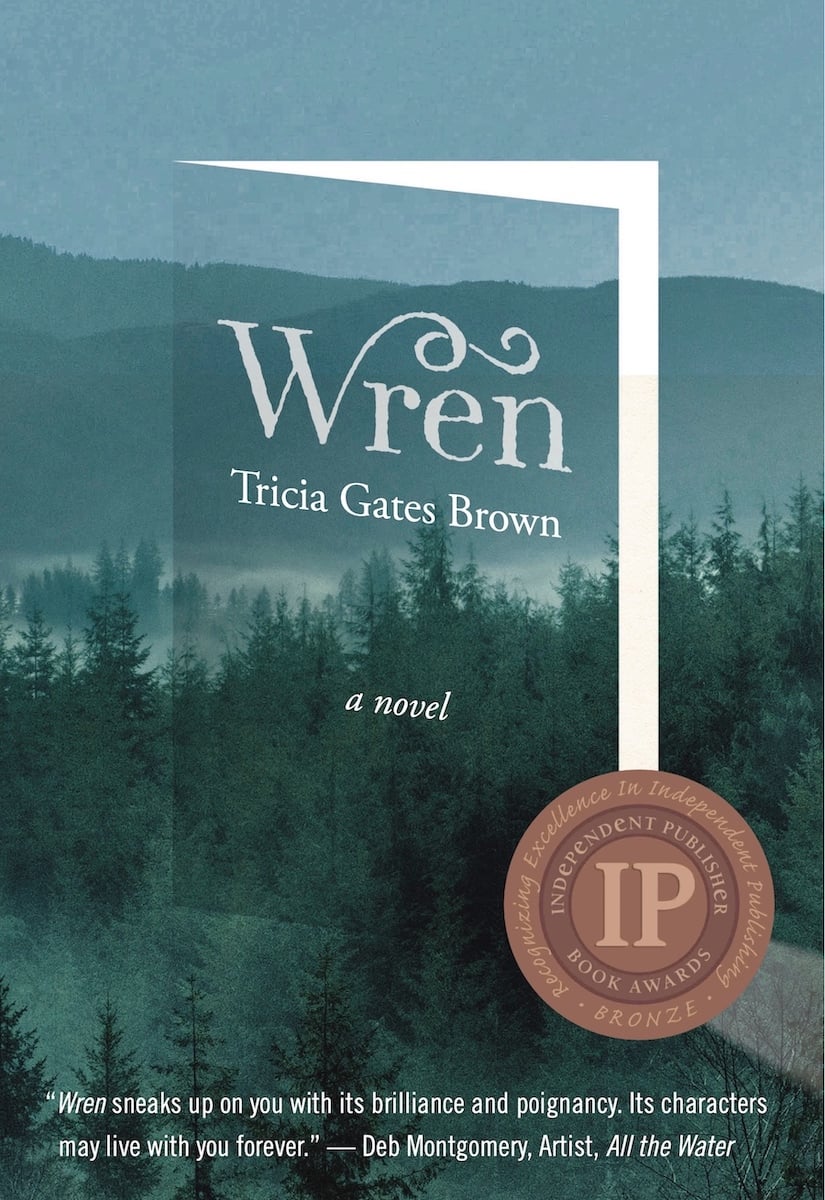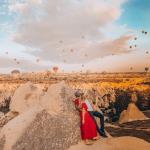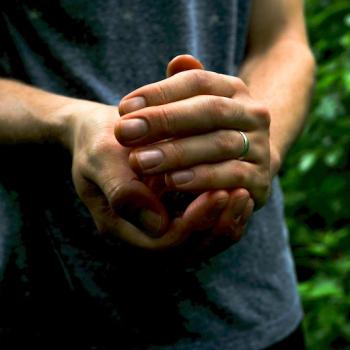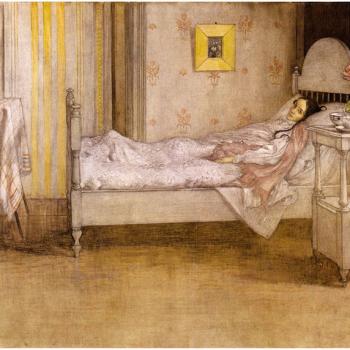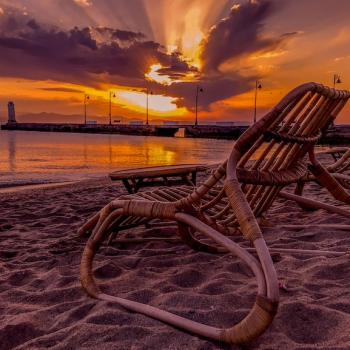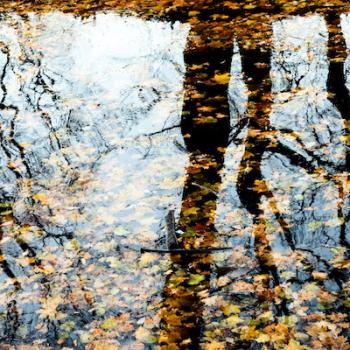“The very least you can do in your life is figure out what you hope for. And the most you can do is live inside that hope. Not admire it from a distance but live right in it, under its roof.”
― Barbara Kingsolver
In 2017 after Trump became president, I started reading Hannah Arendt’s The Origins of Totalitarianism. The book felt chillingly heartbreakingly shatteringly timely. At the moment, many viewed parallels between Trump’s ascendance and historical ascensions of authoritarianism as overblown and alarmist. Today, the story is different. Now I frequently encounter discussions of Arendt in the mainstream; people raising the prospect that she is a voice for this moment as we are poised to potentially lose touch with democracy—here in the US even, where modern democracy was born.
We see a veering toward autocracy interwoven with many trends, including the rise in and mainstreaming of Christian nationalism and white grievance—indeed, a coalescing of the two; in the way an increasing number of the right believe the “Big Lie” that the 2016 election was stolen, and in the competitiveness of right-wing candidates in 2022 to espouse the Big Lie most loudly. We see it in the largest conservative action committee (CPAC) choosing to hold their conference in Hungary and to fawn over their leader’s autocratic political movement, and in a startling number who either excuse or support Putin, including certain commentators on Fox News. We see it in negative partisanship, in the demonization of the other and how what one is against has become more important than what one is for. We see it in how the mainstreaming and rhetoric of “replacement theory” dovetails with negative partisanship, raising false alarmsabout people supposedly trying to replace “legacy voters” in an effort to take over the country—“legacy voters” being a euphemism for white people. We see it in how electoral-college and senatorial minoritarian politics is used along with voter suppression to try to thwart democracy (ie majority rule). We see elected leaders dismissing and excusing a violent insurrection at the Capitol.
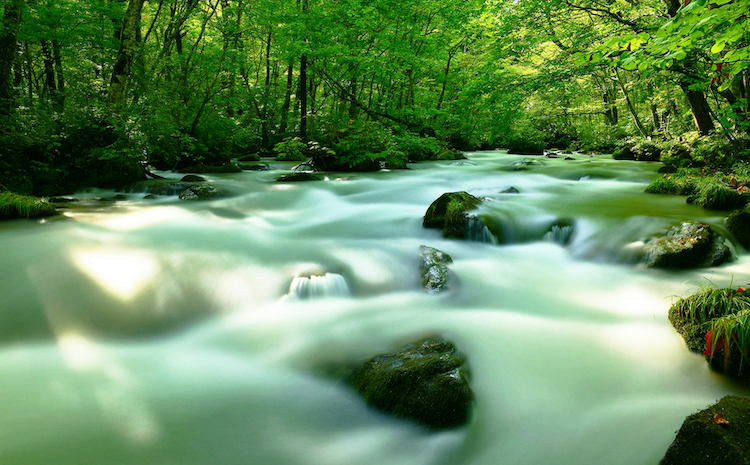
We see racially motivated mass violence play out in a grocery store in a black neighborhood in Buffalo, and shortly thereafter, at a Presbyterian church where parishioners were mostly of Taiwanese descent. Then this past week, the murdering of nineteen fourth graders near the southern border. Often the gunman in these cases is radicalized online by the far right; often, he is also bullied. These examples are perhaps just the shootings we heard about in a month, a year, of hundreds of mass shootings in the United States.
These days, I feel more concerned than ever. More concerned than when I picked up Arendt’s book in 2017. But I’ve also been pondering the subject of hope. What does it mean to have hope? I come from a tradition that expresses hope—even when terrible things are quite clearly about to happen.
At times we’re in positions of knowing things trend in a bad direction. Maybe someone we love is sick, or our child has lost a job and is struggling, or someone we know is imprisoned in addiction, or things trend tragic for some other reason. At times the road ahead looks bumpy indeed. What does it mean to have hope when things are not headed in a good direction?
Despite all of the worrying trends, I do have long-term hope. I don’t have hope in the sense of optimistically thinking everything will simply “work out” and near-term bad outcomes will dissipate, and/or God will intervene to save us from ourselves. Because this created universe includes choice and the playing out of natural laws; of “causes and conditions,” as Buddhists quite helpfully state. We clearly do not have a God that swoops in and takes over our wills, forcing us to do the right thing. And clearly God does not swoop in and override natural laws and natural cycles. Instead, we know a Divinity that for all the talk about sovereignty, has opted for a freedom-giving path that is quite vulnerable. Because of the evolutionary way God sparked this universe, I often think this force we call God has chosen vulnerability over power.
And yet. I do look around and look back at history and see a trend toward redemption. We may progress three steps forward and two steps back. But something is ultimately moving us, collectively, in the direction of greater consciousness and openness to others. One only need glance at the common brutality of past times like the Middle Ages to see we have moved forward—or even at far-more-widely-held and entrenched prejudices in the middle of the 20th century.
In the Episcopal tradition, we are in the season of Easter. This season reminds us that even though Good Fridays come, and really cannot be avoided, the story doesn’t end there. Easter is still to come. That is the symbol and hope we enact liturgically. We strive to get to know a God who takes things we destroy and brings them back to life. In this sense, Easter is an image of something we see all the time.
My favorite image of God is as flow, like a mighty flowing river, a river ever moving toward repair, toward fixing the things we creatures break. Sometimes the redemption takes a while, and sometimes things get caught or are resistant to the flow. But God is ever righting things. I know this can sound glib or cliché. Yet it is something I’ve seen play out in my life and the lives of those close to me over and over. So if the most reliable evidence is experience, this trend toward wholeness, this redemptive flow, is the most reliable thing I know. I believe it more than anything. This too I believe: we are imbued with God and we are God’s hands and feet in this world. So we play an integral role in this flow. We don’t sit back and pray and expect God to act supernaturally; we participate in redemption. Therefore, we pray less with our words and more with our limbs. Or we pray with words not to manipulate God, but to connect with God and to change our own hearts.
This is where I find hope. Not in a naïve idea that things cannot and will not possibly go wrong. Things go wrong all the time. But then there is the long view—this view that even what we break is, over time, repaired. Our creator is a mighty river of love. This is what it means to trust and have hope grounded in that trust.
What does this mean with regard to our democracy? It means that if we are participants with God, we do what we individually can to protect it, each of us following our individual gifts and leadings. It also means that even if oppression and autocracy win in certain places in the short-term, we hold out hope that ultimately, they fail.


